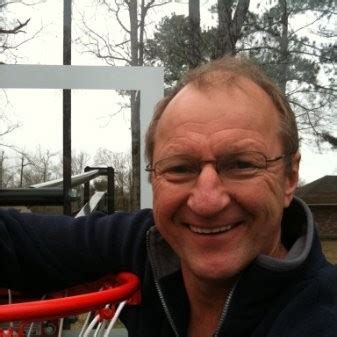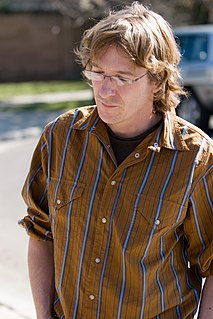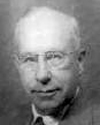A Quote by Scott Adams
Informed decision-making comes from a long tradition of guessing and then blaming others for inadequate results.
Related Quotes
There is no such thing as being non-political. Just by making a decision to stay out of politics you are making the decision to allow others to shape politics and exert power over you. And if you are alienated from the current political system, then just by staying out of it you do nothing to change it, you simply entrench it.
Any individual decisions can be badly thought through, and yet be successful, or exceedingly well thought through, but be unsuccessful, because the recognized possibility of failure in fact occurs. But over time, more thoughtful decision-making will lead to better overall results, and more thoughtful decision-making can be encouraged by evaluating decisions on how well they were made rather than on outcome.
The constant drive for campaign dollars has distorted decision-making in Washington, DC, to the point where our systems can no longer effectively address complex, long-term problems like the climate crisis. Which brings me to my other major concern - the short-term focus of capitalism. It distorts the allocation of resources and the decision-making processes of companies.


































